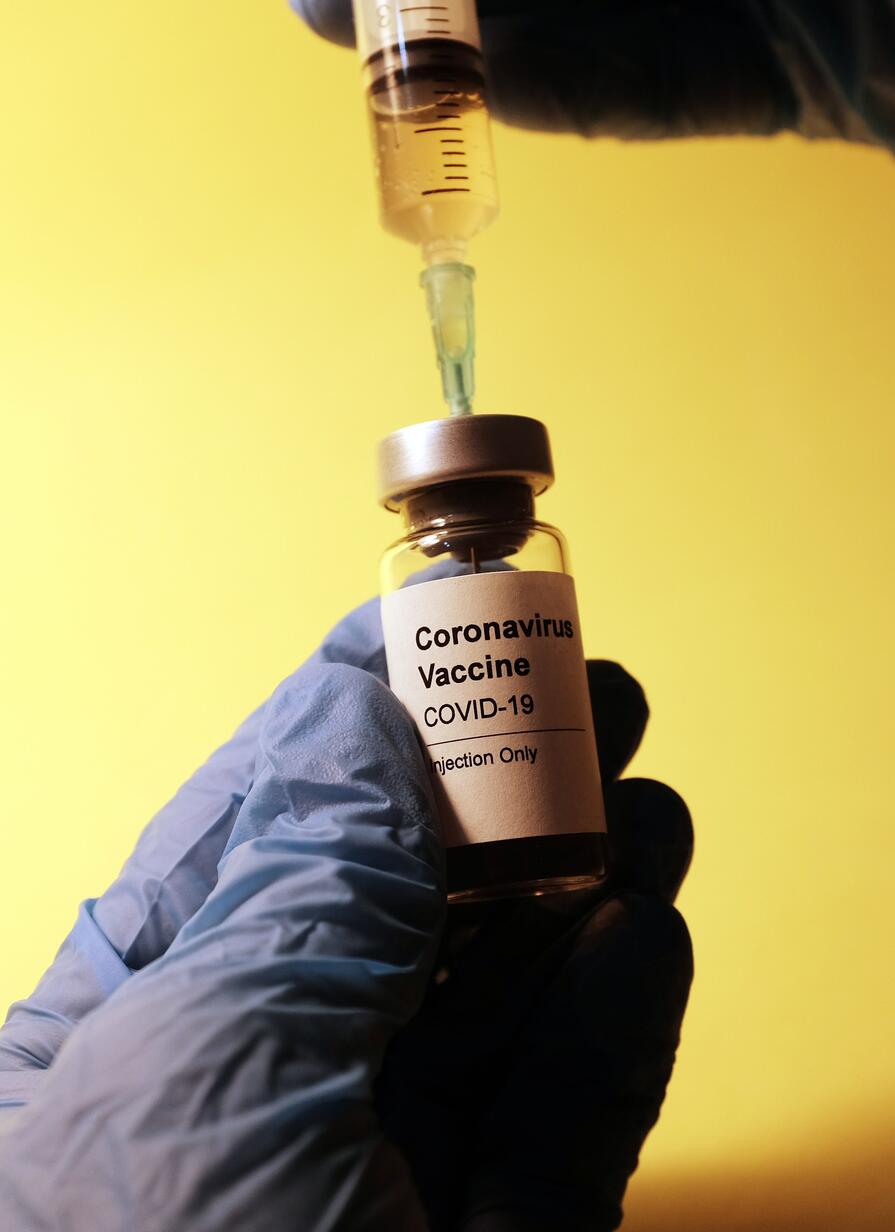Lin Xiao, Ph.D.
Abstract (Summary)
The goal of the current investigation was to address whether neuropsychological functions such as affective decision-making would serve as prospective neuropsychological markers to predict substance use behaviors among adolescents.
We conducted a longitudinal study of 223 Chinese adolescents in Chengdu City, China. When these adolescents were in the 10 th grade in May 2006 (Time 1), we tested these adolescents' affective decision-making ability using the Iowa Gambling Test (IGT) and working memory capacity using the Self-ordered Pointing Test (SOPT). Paper and pencil questionnaires were used to assess school academic performance, impulsivity, parental decision-making styles and substance use behaviors. Students were again tested in May of 2007 (Time 2).
Several findings were revealed in this study. First, at baseline (Time 1), poor affective decision-making associated with heavy substance use behaviors such as past 7-day smoking (more than experimental) and binge-drinking. At Time 2, a large proportion of adolescents who performed better on the IGT at Time 1 still did not drink or reduced their drinking level one year later at Time 2. In comparison, a large proportion of those who performed poorly on the IGT at Time 1 stayed at the same level or progressed to a higher level of drinking by Time 2. Second, drinking problems and past 7-day smoking at Time 1 marginally significantly negatively predicted the development of working memory but not affective decision-making one year later. Third, affective decision-making but not working memory significantly improved one year later. Fourth, adolescents with high urgency performed poorly on the A-IGT compared to those with low urgency. Finally, compared to adolescents with only their parents making decisions, the adolescents with other parental decision-making styles were much less likely to engage substance use behaviors at Time 2 and marginally improved the development of affective decision-making from Time 1 to Time 2.
These findings suggest that whereas adolescent substance use might lead to some neural function alterations (such as impaired working memory), other neural characteristics of high-risk youth (such as poor affective decision-making) may predate substance use and may reflect risk factors for, rather than the consequence of, substance use. Interventions targeting affective decision-making and its related psychosocial influences might hold promise for reducing the risks of substance use among adolescents.
Advisor: Bechara, Antoine
Committee members: Stacy, Alan W., Johnson, Anderson C., Lu, Zhong-Lin



